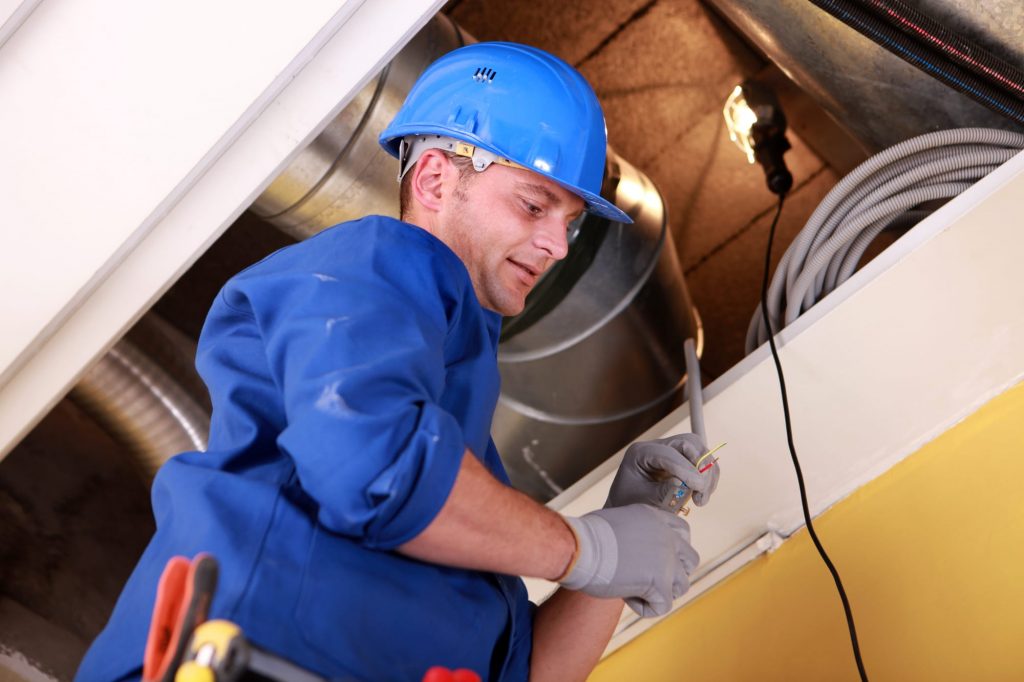
In various industries and environments, ensuring safety is of paramount importance. One often overlooked aspect that plays a critical role in maintaining a safe environment is ventilation. Proper ventilation not only improves air quality but also prevents the accumulation of hazardous substances. In this blog post, we will delve into the importance of ventilation for safety and explore its multifaceted benefits.
- Enhancing Indoor Air Quality:
Effective ventilation systems help remove pollutants, allergens, and harmful gases from indoor spaces. By constantly exchanging stale air with fresh air, ventilation reduces the risk of respiratory problems, such as asthma and allergies. Moreover, it minimizes the spread of airborne diseases, ensuring a healthier and safer environment for occupants. - Controlling Temperature and Humidity:
Ventilation systems contribute to maintaining optimal temperature and humidity levels. Excessive heat or humidity can lead to discomfort, fatigue, and even heat-related illnesses. By providing a constant flow of fresh air, ventilation helps regulate temperature and humidity, creating a comfortable and safe environment for individuals working or residing in a space. - Preventing the Accumulation of Hazardous Substances:
In many industrial settings, the release of hazardous substances is an inherent risk. Proper ventilation plays a crucial role in preventing the accumulation of these substances, such as volatile organic compounds (VOCs), gases, and fumes. By removing these harmful substances from the air, ventilation mitigates the risk of respiratory problems, chemical exposure, and potential accidents. - Fire Safety:
Ventilation systems are essential for fire safety in both residential and commercial buildings. In the event of a fire, proper ventilation helps remove smoke, heat, and toxic gases, allowing occupants to evacuate safely. Additionally, it aids firefighters in their efforts to control and extinguish the fire by improving visibility and reducing the spread of flames. - Compliance with Regulations and Standards:
Many industries are subject to specific regulations and standards regarding ventilation. These regulations aim to ensure the safety and well-being of workers and the general public. By adhering to these guidelines, businesses can avoid penalties, lawsuits, and reputational damage. Proper ventilation systems not only meet these requirements but also demonstrate a commitment to safety and responsible practices.
Conclusion:
Ventilation is a critical component of safety in various industries and environments. From improving indoor air quality to preventing the accumulation of hazardous substances, ventilation systems play a multifaceted role in ensuring the well-being of individuals. By understanding the importance of ventilation and implementing effective systems, businesses and individuals can create safer and healthier spaces for everyone.

